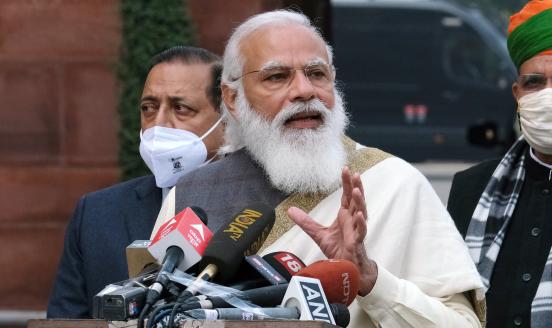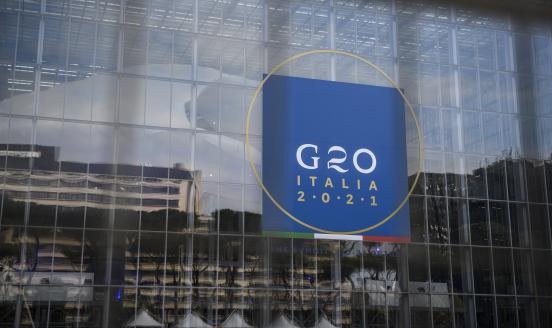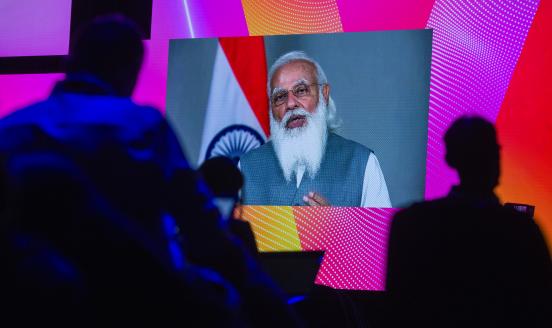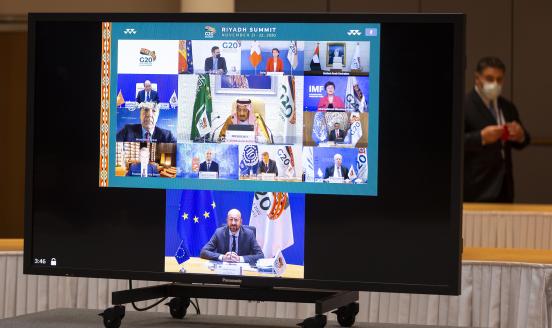The G20 turns ten: what’s past is prologue
This Policy Contribution assesses the performance of the G20 since its first summit held in November 2008 to understand what could lie ahead for the i

The first G20 leaders’ summit was held in Washington DC in November 2008. This Policy Contribution assesses the performance of this informal but influential institution since then to understand what could lie ahead. We focus on the coordination of national economic policies as this has been at the core of the G20 leaders’ agenda throughout the decade.
The G20 leaders created a supportive political environment for strong national and global actions soon after they first met. This prevented a global depression but was followed by an uneven recovery. The leaders early on called for enhanced coordination of macroeconomic policies. This was clearly an ambitious undertaking given the limited success of earlier coordination efforts within the more homogeneous G7. Even after ten years such coordination remains a work in progress. The G20’s emerging and developing economy members, with the exception of China, have remained cautious in their engagement on macro policies. This caution could reflect emerging and developing economies’ discomfort at the obligations that could arise if they come to be considered systemically important despite lower levels of income, wealth and institutional capacity. Habits of cooperation among the newcomers are also less developed than within the G7. Coordination between the G7 members is reinforced by the G7 continuing to hold its own leaders’ meetings separate from the G20.
While emerging and developing economies are catching up with advanced economies in their contribution to real output and merchandise trade, the picture is very different where cross-border finance is concerned. Transactions on capital account are dominated by the advanced economies. Despite a shared concern for global financial stability, this asymmetry makes for different priorities in the reform of global finance. The G20’s emerging and developing economy members seek to insulate their less open and more vulnerable financial systems from shocks arising from policy measures taken by the advanced economies, and to make global liquidity less dependent on the US dollar. The leaders’ summit from 30 November to 1 December 2018 in Buenos Aires (concluding the Argentine G20 Presidency) and the summit to follow in Osaka in June 2019 (hosted by Japan) both provide opportunities for European G20 members to provide political leadership on this financial reform agenda, and on the important but hitherto neglected area of trade.



